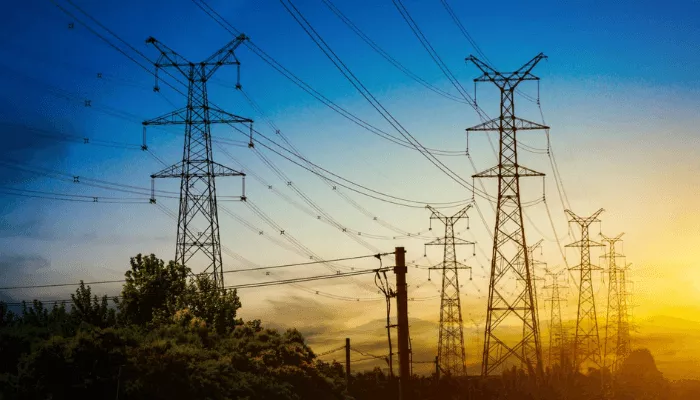
Residents in Band A areas, accustomed to receiving 20 hours of daily electricity, may face disruptions due to a lingering gas shortage, according to findings. It was gathered that the gas supply shortage since the beginning of the year has driven down electricity generation, leading to low allocation to distribution companies (DisCos). The country has 12,500 megawatts of installed capacity but produces only about a quarter of that, leaving many Nigerians reliant on expensive diesel-powered generators. BusinessDay's findings showed that the distribution companies were concentrating more on the Band A customers to keep their Band A feeders from being downgraded.
Band A customers enjoy a minimum of 20 hours of electricity daily. On April 3, the Nigerian Electricity Regulatory Commission (NERC) announced that subsidies would no longer be paid for the electricity consumed by Band A customers. The electricity tariff for Band A customers was revised upward from N68 per kilowatt-hour to N255/KWh. 1 kWh is the amount of energy that could be used if a 1,000-watt appliance is kept running for an hour. For example, a 100-watt light bulb operating for 10 hours would use 1 kWh.
Many communities said they could not boast 30 hours of power supply since January, a development the government blamed on the refusal of gas companies to supply gas to power-generating companies due to heavy debt. "One of the primary factors is the low supply of gas to generating companies, which has led to a gradual decrease in available generation on the grid. This has significantly reduced the power available on the transmission grid for onward supply to IBEDC and, in turn, greatly hindered our ability to provide power to customers within our franchise, namely Oyo, Ogun, Osun, Kwara, and partly in Kogi, Niger and Ekiti States," Busolami Tunwase, Ibadan Electric said recently.
Findings showed electricity consumers had continued to complain of prolonged power outages in their areas, even during the Easter and Eid-el-Fitri festivities. In compliance with the order of the NERC, the power distribution companies daily declared their inability to meet the service level, blaming the TCN and technical glitches. The Enugu Electricity Distribution Company on Thursday announced that 10 feeders did not meet the required 20-hour service on April 7 and 8. "We have taken cognisance of the gaps that informed our inability to meet the minimum daily supply to the above feeders and taken necessary steps to ensure that there won't be a repeat," the EEDC said. The Kaduna DisCo also disclosed that it could only supply 13 hours of electricity to customers under the 33Kv Airport Road Feeder on Wednesday. Also, the Port Harcourt DisCo announced service shortfalls in three Band A feeders, Amika, Oyigbo, and Bristol, saying it was working with the TCN to restore regular supply.
The Ibadan, Yola, and Benin distribution companies had all declared service shortfalls, apologising to their affected Band A customers. As the DisCos apologised to Band A customers, others in Band B to E said they were being ignored. Other stakeholders say the breakdown of power plants as a result of gas shortage is a perennial challenge bedevilling the Nigerian electricity supply industry, even as financial liquidity cripples the ability of electricity generation companies (GenCos) to fund government-controlled gas pricing systems. Data obtained by BusinessDay showed that GenCos recorded a N136 billion monthly deficit as of July 2023. The government-owned Nigeria Bulk Electricity Trading Plc (NBET) buys electricity in bulk from GenCos through power purchase agreements and sells it through vesting contracts to the distribution companies, which then supply it to the consumers.
The GenCos were paid N69 billion out of the total invoice amount of N123.36 billion for July 2023. In the first quarter of 2023, the power producers got N171.67 billion out of the N235.92 billion due to them, according to NBET. NBET's data also revealed GenCos were paid N245.98 billion out of the total invoice amount of N299.81 billion for the second quarter of 2023. Data from the Nigerian Electricity Regulatory Commission (NERC) showed gas supply constraints and mechanical faults remained the major factors affecting the amount of energy generated by gas-fired thermal plants. "Lack of reliable gas supply to the plants due to gas infrastructure constraints on the national gas network and the absence of fully effective Gas Supply Agreements," NERC said in its Q3 report. A Gas Sale and Aggregation Agreement, which is typically between GenCo, gas supplier and the gas aggregation company, stipulates contractual framework, rights, obligations and risk allocation for gas supply to GenCo.


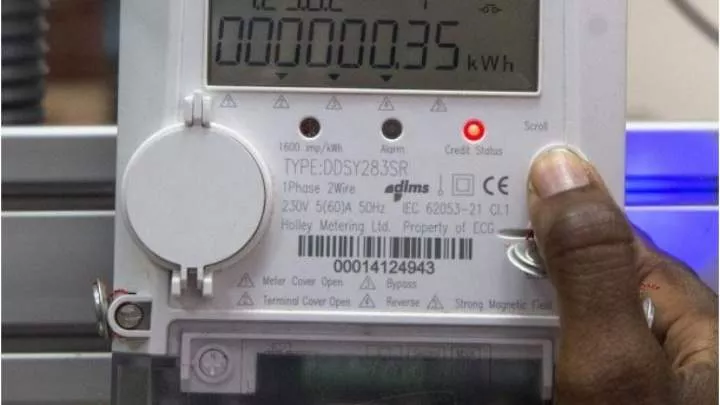
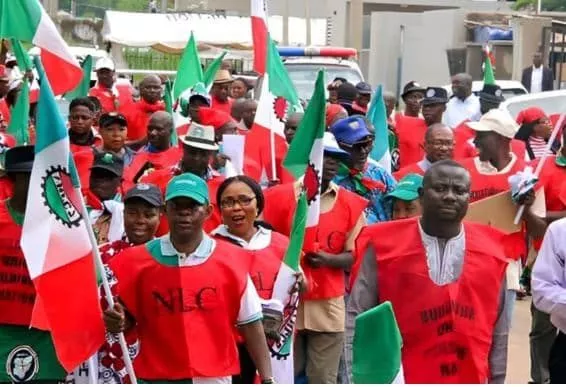
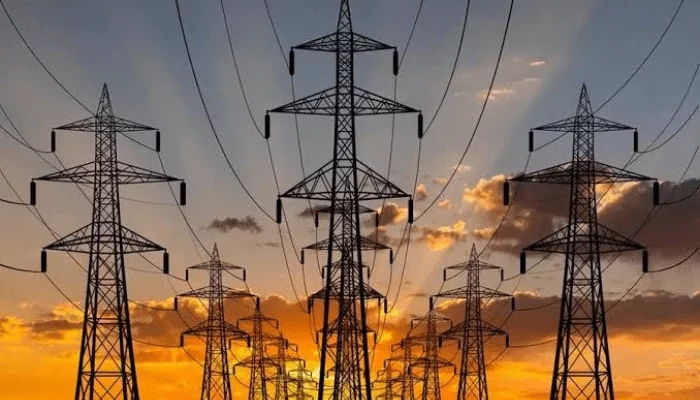
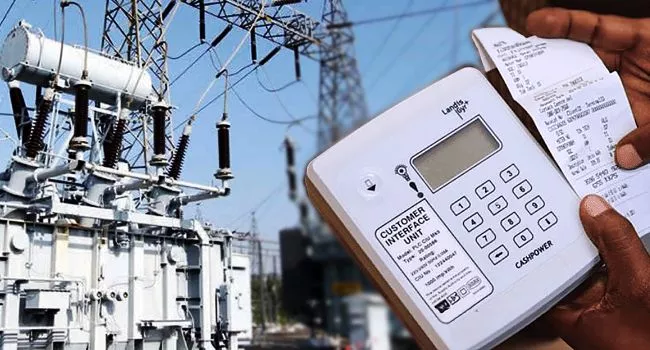
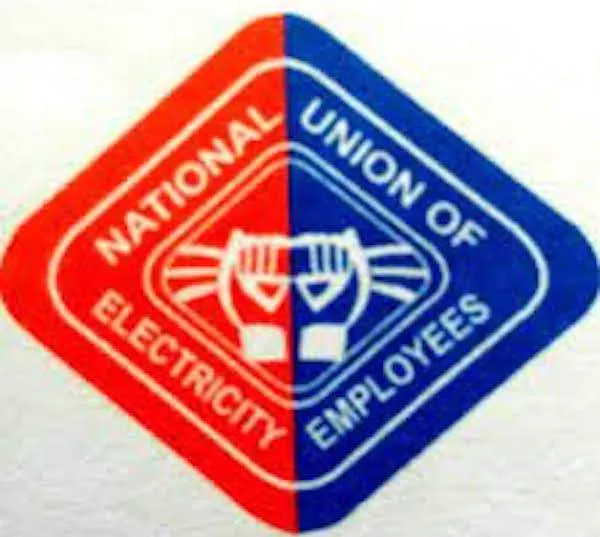










Comments